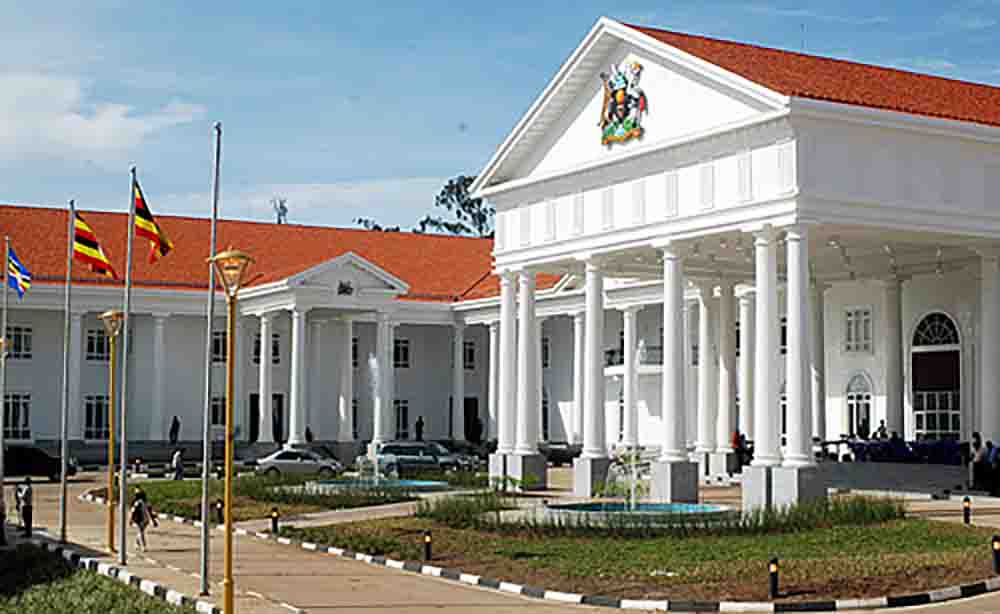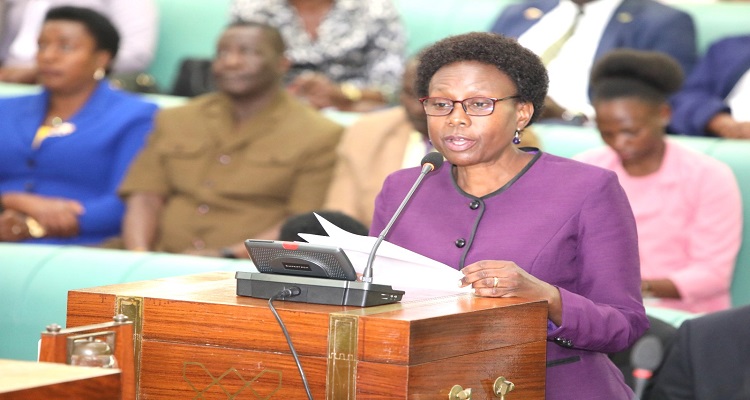The Inspectorate of Government (IG) has unveiled a user-friendly ombudsman procedure to streamline the process of reporting complaints for both the public and government staff. This new guidebook provides clear instructions on how to report issues, the available communication channels, and the designated authorities to contact.
Under this new system, complaints can be submitted through email, phone, or by visiting the IG’s offices in person, offering greater convenience to complainants.
IGG Betty Kamya explained that the guidebook aims to assist people in understanding how to use the IG’s ombudsman services effectively, particularly in cases of workplace harassment and other grievances.
Many individuals were previously unaware of the IG’s ombudsman services, making it challenging to report their concerns. This initiative also facilitates communication for public service employees facing various issues.
Kamya emphasized the impact of senior staff mistreating employees, which affects the quality of public services. To address this, she underlined the manual’s promotion through social media to reach a wider audience quickly and effectively.
The Inspector General of Government asserted that taxpayers have the right to receive quality services, and public servants must recognize this as their duty. To ensure accountability, the IG will intervene when taxpayers demand service and face resistance.
In the fiscal year 2022/2023, the IG received nearly 5000 ombudsman cases from various government agencies. The most common issues reported were employment disputes (36%), non-payment of salaries and benefits (29%), and delayed service delivery (08%).
Within Local Governments, non-payment of salaries and benefits (33%) and employment disputes (23%) were the most prevalent complaints. Kamya pointed out that the IG should be accessible to public servants who often suffer in silence, unable to afford legal representation.
Justice Geoffrey Kiryabwire advocated for alternative dispute resolution (ADR) as a powerful means to resolve disputes without resorting to costly legal actions. He stressed the importance of mediation to ensure citizens’ participation in good governance.
Prime Minister Robinah Nabbanja highlighted the significance of the Ombuds function in promoting fair governance and service delivery. She urged public servants and leaders to shift their focus from personal gain to serving the public’s needs.
Nabbanja also mentioned instances of corruption in some districts, where fees were levied on beneficiaries of government programs, hindering socioeconomic transformation.
Muruli Mukasa, the Minister of Public Service, emphasized the need to involve families in the fight against corruption, acknowledging that corruption also involves inducement by the public.
Deputy IGG Anne Muhairwe identified several issues, including non-compliance with IG recommendations, government institutions’ reluctance to respond to Ombudsman requests, and a lack of awareness regarding the ombudsman’s role.




















